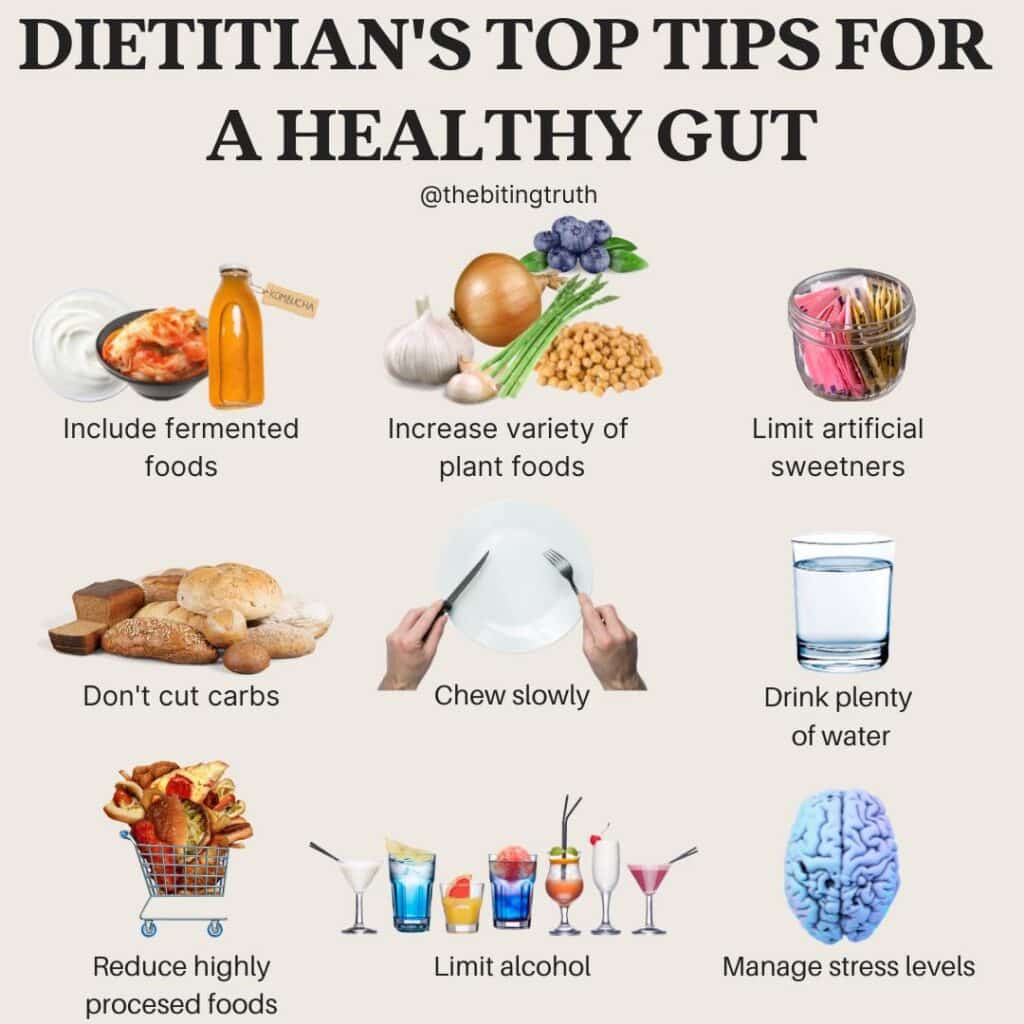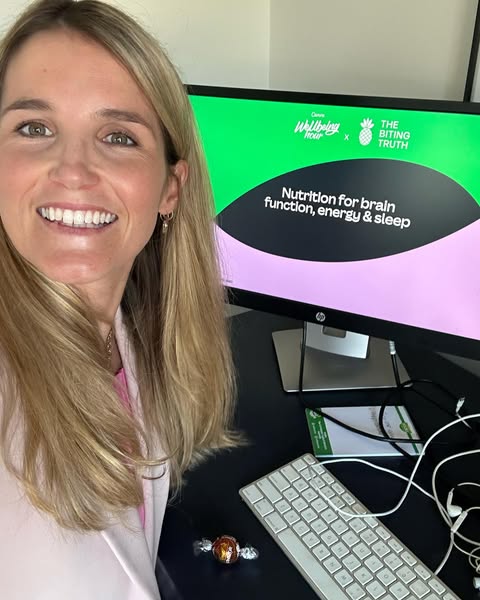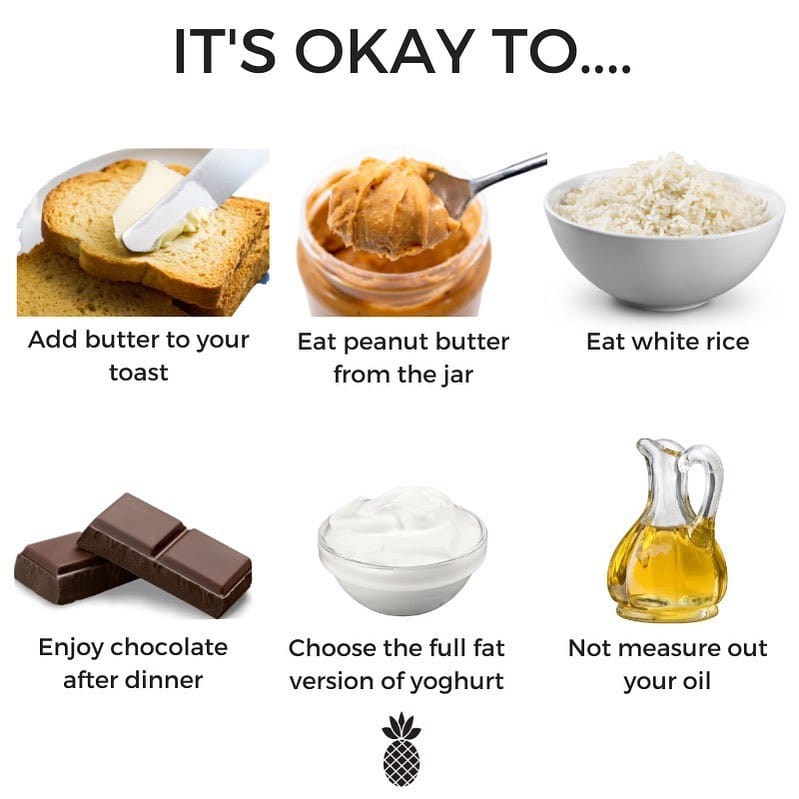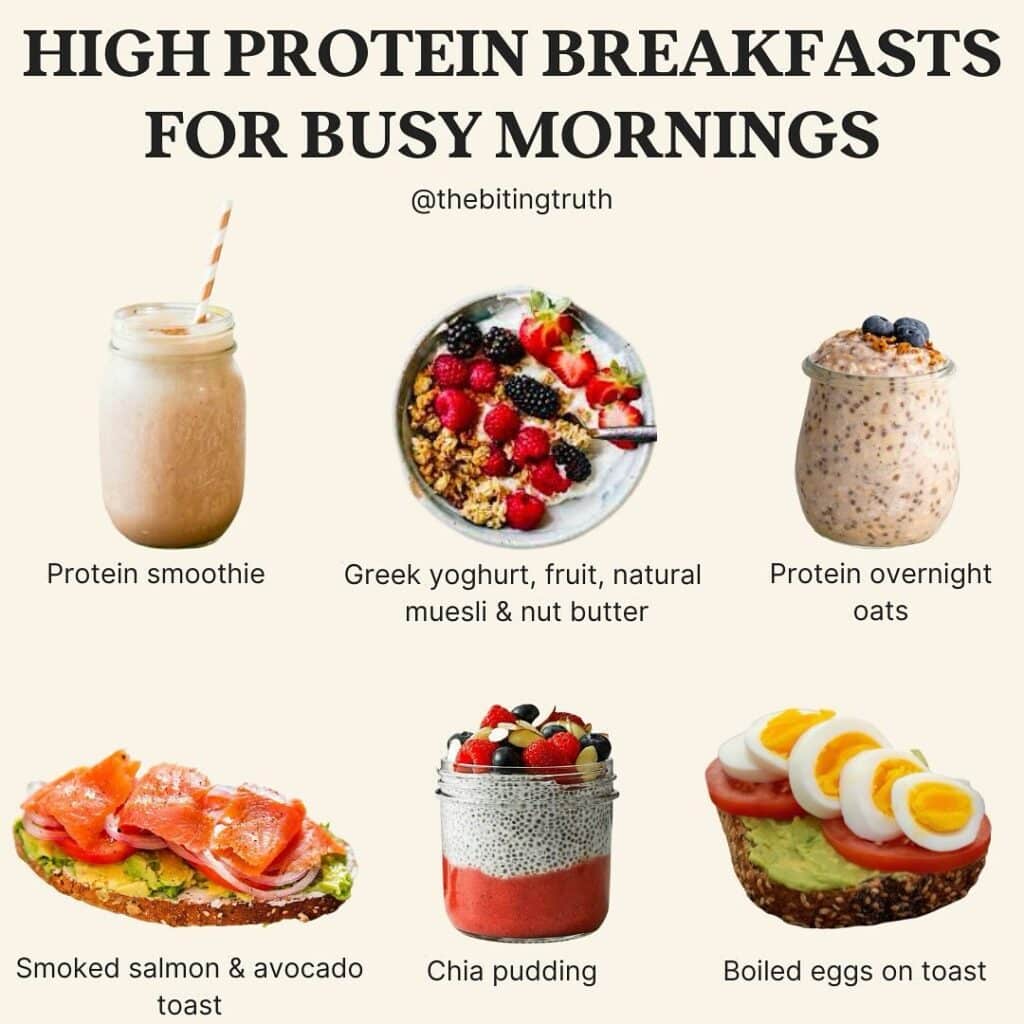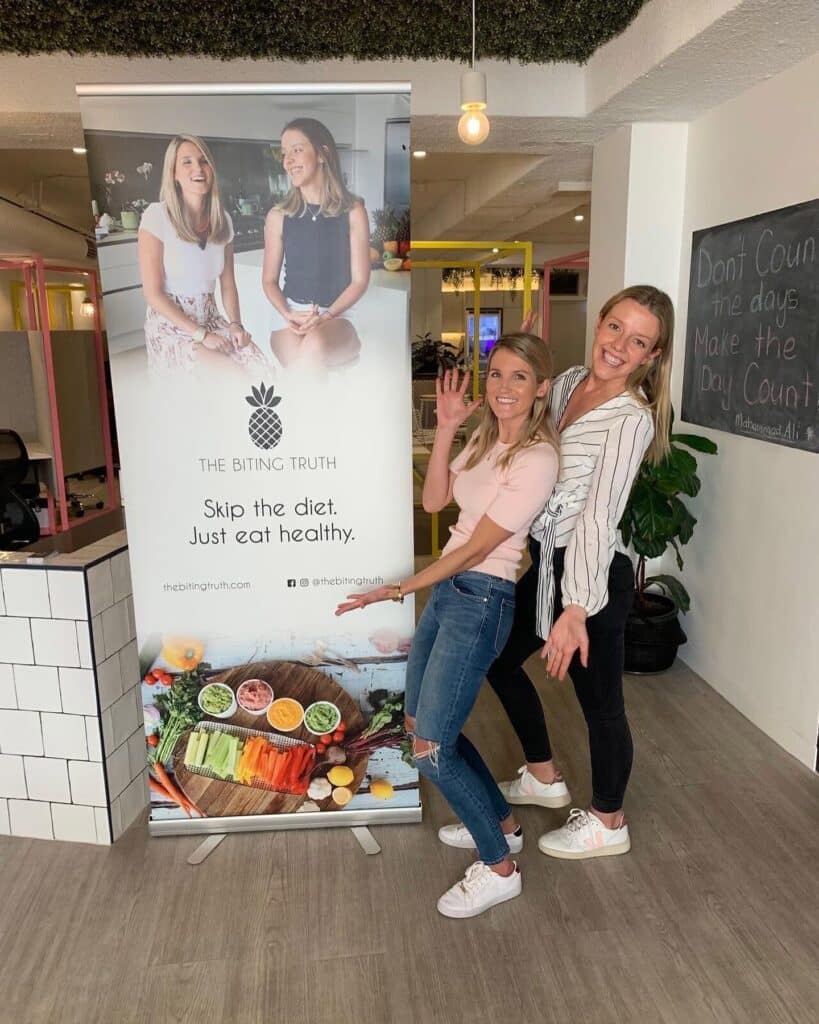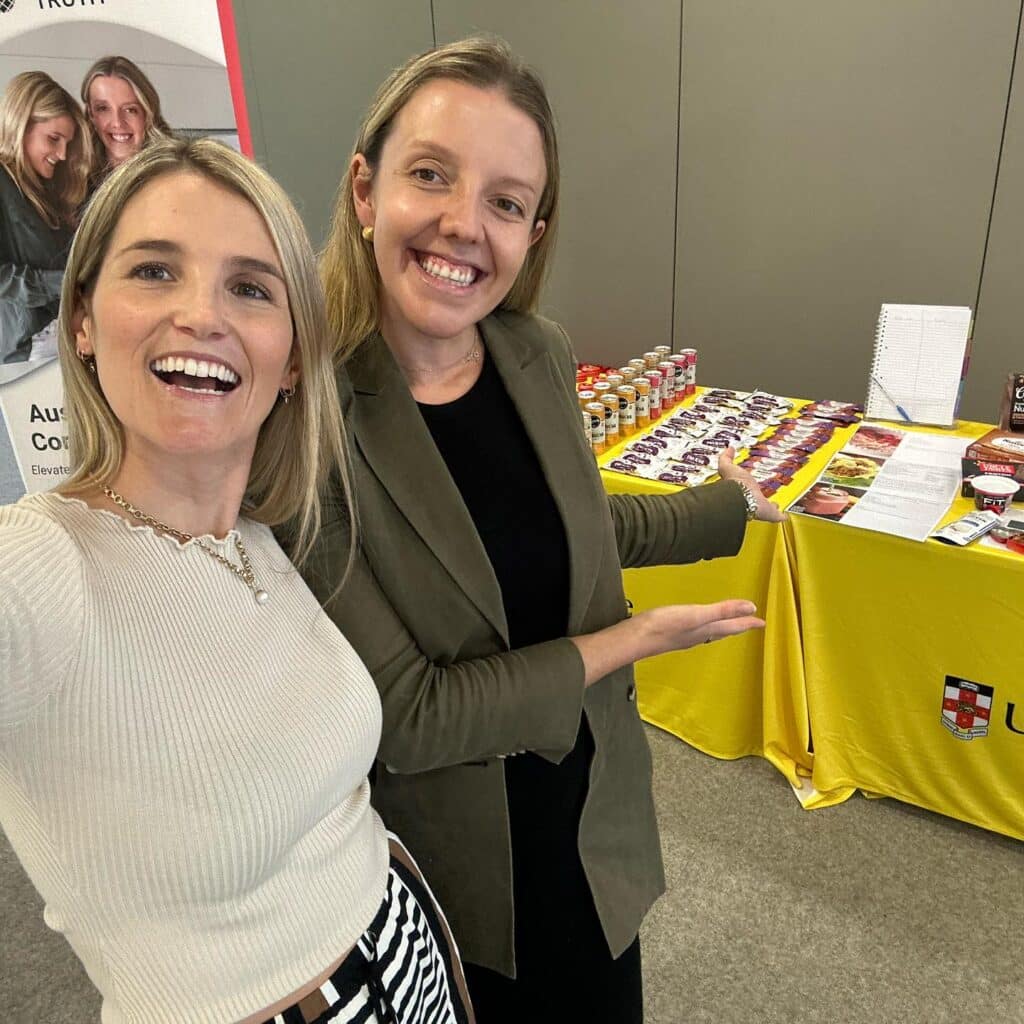Free shipping for orders over $80
Free shipping for orders over $80
Balanced nutrition and a healthy diet can have a significant impact on women’s health, including improving energy levels, mood, stress management, and fertility. In this article, we’re sharing seven tips to help women leverage the power of nutrition to achieve their health goals.
Most women fall short on their intake of whole grains, vital sources of sustained energy and appetite regulation. Carbohydrate requirements vary depending on age, activity levels, energy demands, and health goals, but aiming for at least one carb-rich food at each meal and snack can help keep blood glucose levels stable. Whole-grain options such as brown rice, quinoa, rolled oats, pulse pasta, or wholemeal bread are preferred.
Added sugars, commonly found in processed foods, baked goods, and sweets offer minimal nutritional value and are easy to over consume. Women should aim to consume no more than 25g or six teaspoons of added sugars per day. Checking food labels is a great strategy to help control added sugar intake, and packaged foods with less than 15 grams of sugar per serving are preferred.
Low iron levels are common in women, and deficiency can lead to fatigue and breathlessness. Incorporating iron-rich food sources into your diet is essential. Lean red meat, chicken, fish, eggs, whole grains, and legumes are excellent sources of iron. Women should aim to consume iron-rich foods at each meal.
Balancing busy schedules and caring for others can often lead many women to skip regular meals. Prioritising regular meal and snacks throughout the day is essential for stabilising energy levels and regulating appetite. Embracing meal planning can be a valuable strategy to guarantee access to healthy options and save time in your weekly routine. Download our Free Meal Planning Guide.
Looking after the health of your gut can yield huge benefits for both your mental and physical well being. Consuming probiotics found in foods like yogurt, kefir, sauerkraut, and kombucha promotes healthy gut bacteria.
In tandem with probiotics, prebiotics play a pivotal role in maintaining gut health. These are essentially a form of fibre that acts as fuel for healthy gut bacteria (probiotics) in your gut. Prebiotic rich foods include onions, leeks, celery, legumes and bananas.
While caffeine is a well known energy booster, excessive intake can lead to headaches and fatigue. Women should consume no more than 400mg of caffeine per day, equivalent to four (single shot) cups of coffee. For pregnant women, the recommendation is maximum 200mg of caffeine per day.
Calcium is essential for maintaining bone health, supporting heart function, and facilitating muscular activity.
Women over 50 should aim to consume 1300mg of calcium per day, equivalent to three servings of dairy (milk, yoghurt, cheese). Non-dairy sources of calcium, such as tofu, almonds, leafy greens, and fortified cereals, are available, but may not provide as much calcium as dairy. Women who avoid dairy should consider taking calcium supplements to maintain adequate calcium intake.
The popularity of plant-based foods, particularly dairy free milks, is affecting many people’s calcium intake. While some of these “milks” are fortified with calcium, not all are. In addition, for those who are opting to avoid milk for reasons including intolerance, thyroid disorders, irritable bowel or lactose intolerance, dietary calcium intake is inevitably low, which translates into poor outcomes for bone health over the course of a lifetime.
Following these tips can help women achieve optimal nutrition and improve their overall health. A balanced diet with regular meal and snack times, adequate intake of carbohydrates, iron, calcium, and probiotics, and limited intake of added sugars and caffeine can help women stay healthy and achieve their health goals.
—
Notes
